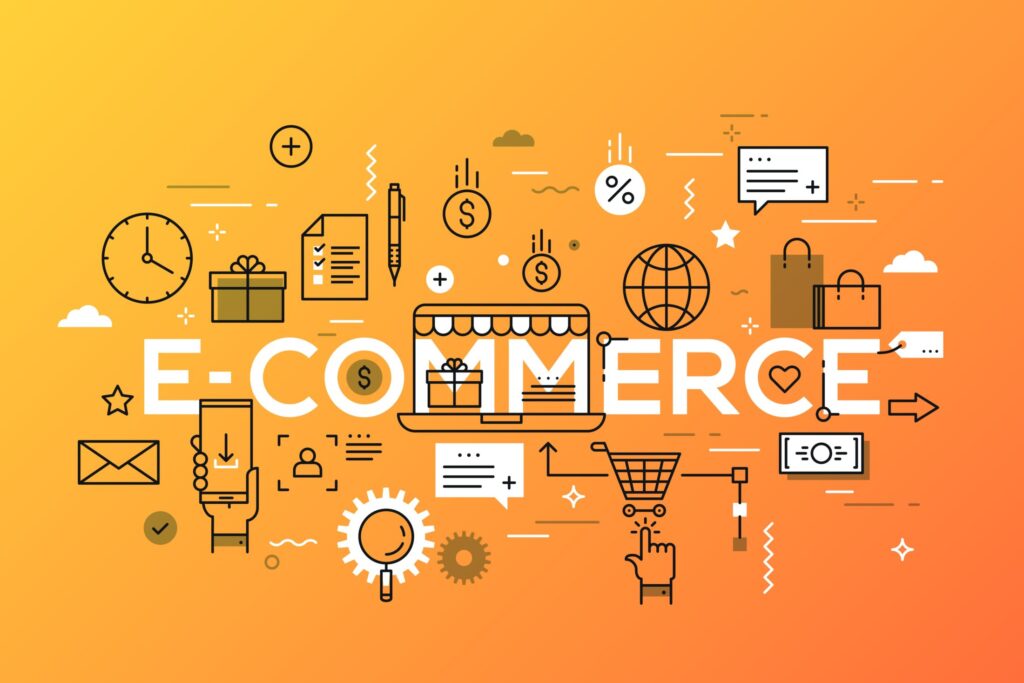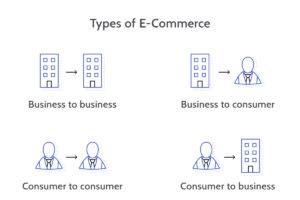OP Import Export Business Ideas for Sellers in India
Harsh Dhawan Export Experts Global OP Import Export Business Ideas for Sellers in India OP Import Export Business Ideas..
what is an E-Commerce Company ?
E-commerce business is described as the purchasing and selling of things, as well as financial transactions and data interchange, all via the internet.

The e-commerce business has risen fast and dramatically over the last few years, as seen by the numbers supplied. The Indian e-commerce business has increased swiftly by over 19 percent to a whopping $33 billion, according to data from the Economic Survey of India. These are certainly some incredible figures that might motivate an individual or a corporation to get their business off the ground and continue to develop.
In the 1990s, some of the most well-known e-commerce business sites, such as Amazon, Flipkart, and others, brought the e-commerce movement to India. Since then, there has been steady improvement and rising demand from customers as well as businesses looking to break into the industry.
Looking at the above-mentioned figures, it is easy to conclude that India’s e-commerce future is bright, but other statistics show that, at its current rate of growth, India will exceed the US e-commerce business by 2034, becoming the world’s second-largest market.
E-commerce is a big domain in and of itself, and the variety of sorts of businesses into which it is divided and spread only adds to its size. There are many different types of e-commerce firms, based on the interaction between consumers, administration, and company.

M-commerce is a subset of e-commerce in which transactions and services are carried out via mobile phones. Given the widespread use of mobile phones in today’s society, this sort of e-commerce is rapidly expanding. Consumers and businesses alike appreciate these because of the user-friendly and quick techniques that have been made available.

The following are the steps to starting an e-commerce firm in India:
After seeing all of the many sorts of e-commerce businesses and the growth potential they provide, one is compelled to give it a shot. If you want to establish your own business, it may appear difficult, but it is actually pretty simple. Here are some of the procedures to follow and keep in mind while growing your e-commerce business to make it even easier and streamlined:
1. Create a business strategy and plan your niche: Before starting and maintaining an internet business, create a strategy and plan a specific specialty on which to focus. Instead of having a large number of things for sale, concentrate and invest on a small number of products. This enables you to advertise and develop marketing strategies based on a specific selection of products that can be expanded. In addition, attempt to create a firm that is somewhat competitive and has market potential. Avoid picking a niche that has already been influenced by several huge brands.
2. Give the brand a name: Choosing a name is not difficult, but you must make sure it is unique and descriptive. Choose a short and evocative name that defines your brand and the segment to which it serves. It should also be simple to recall. Once the name has been decided, the company’s logo must be created, which includes a tagline as well as the emblem symbolising the brand. It’s usually a good idea to register your trademark, whether it’s a logo, a phrase, or a combination of the two
3. Select the appropriate business entity: In India, a company can be registered as a sole proprietorship, a one-person company, a limited liability partnership, a private limited company, or a partnership, among other options. Each has its own set of accounting, taxes, compliance, and legal paperwork requirements, and all required filings must be made with the RoC. A partnership, for example, requires the preparation of a Partnership Deed, but a sole proprietorship has less legal requirements.
4. Opening a bank account and registering your e-commerce business: Get your business registered and complete all legal processes once you’ve completed all of the fundamental details. Once you’ve registered, open a separate bank account for your business and professional needs, such as paying taxes, making payments, and conducting other business-related activities.
5. Create the e-commerce website: You have the option of creating and developing your website from scratch or using a pre-built platform. If you don’t want to invest a lot of money, a pre-built website is the best alternative because it already has all of the information you need; all you have to do now is add your items and information, and you’re good to go. Always remember to have a Privacy Policy and Terms & Conditions document written, especially if your company collects data from customers.
6. Payment gateways: To complete your transaction, you must set up online payment methods for your business that allow for the processing of payments via credit card, debit card, Paytm, and other means.
7. Logistics: One of the most crucial aspects of running a successful business. This procedure covers the entire process of shipping and delivering products to clients. One of the most important aspects of running an e-commerce firm is having an effective logistics management system. It might be outsourcing products to a third party or, in the case of a smaller firm, delivering things straight to customers from your warehouse.
8. Digital Marketing: One of the best and most important ways to sell and popularise your products is through digital marketing
Harsh Dhawan Export Experts Global OP Import Export Business Ideas for Sellers in India OP Import Export Business Ideas..
Harsh Dhawan Export Experts Global Which is the Best Academy in India for Import-Export Training ? Which is the Best Academy..
Harsh Dhawan Export Experts Global What is Import Export Business? What is Import Export Business? Let’s break this down step-by-step..
